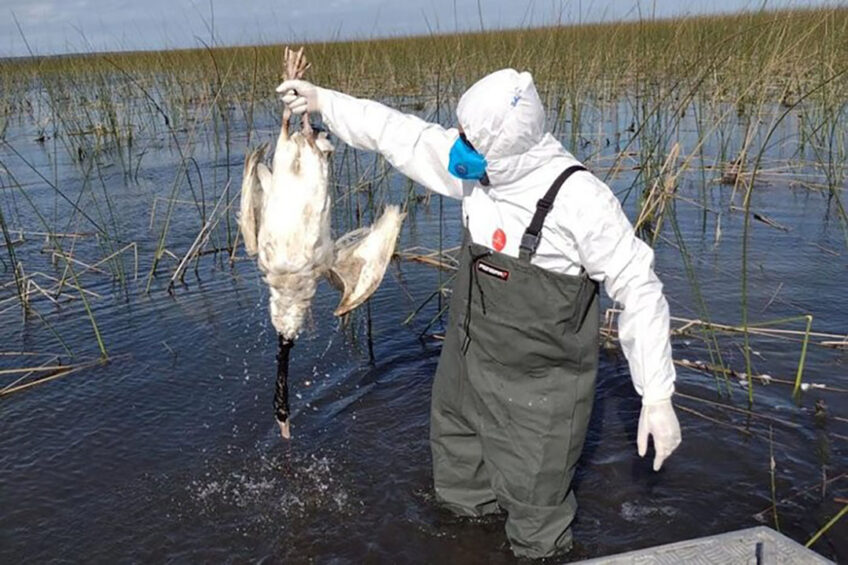Brazil confirms bird flu in main poultry-producing state

According to Brazil’s Official Veterinary Service, 2 new outbreaks have been confirmed in the country, this time in the state of Paraná, a state that accounts for 35% of Brazil’s poultry production.
The Brazilian Ministry of Agriculture, Livestock, and Supply updated the number of cases of highly pathogenic avian influenza (HPAI) in wild birds to 48 in the country. The first case of avian flu in Brazil was registered on 15 May.
The discovery of the disease in wild birds in Paraná – one was in the city of Pontal do Paraná and the other in Antonina municipality – highlights another warning sign as the state is the country’s largest producer and exporter of chicken meat. In 2022, the state accounted for 35.54% of Brazilian production, according to data from ABPA (Brazilian Association of Animal Protein).
So far, only wild birds have been affected, and no cases of the disease have been registered in poultry from commercial production farms or in subsistence farming, according to the Ministry.
On 22 May, the Ministry of Agriculture declared a zoosanitary emergency and measures to prevent the disease from reaching commercial herds were reinforced.
On 7 June, the Federal Government published a provisional measure opening an extraordinary credit of R$200 million for actions to be taken by the ministry to combat highly pathogenic avian influenza (H5N1).
As there are no cases in commercial herds, Brazil remains free of avian influenza before the World Organization for Animal Health (WHOA), and there are no restrictions on Brazilian chicken meat.
Poultry exports rising
Brazilian chicken exports are still on the rise. In the accumulated result for the year (January to May), sector sales reached a total volume of 2,183 million tonnes, an amount 9.7% higher than that recorded in the first 5 months of 2022 (1,990 million tonnes).
In revenue, accumulated shipments reached US$4.281 billion, a figure 13.4% higher than that between January and May 2022 (US$3,776 billion).













